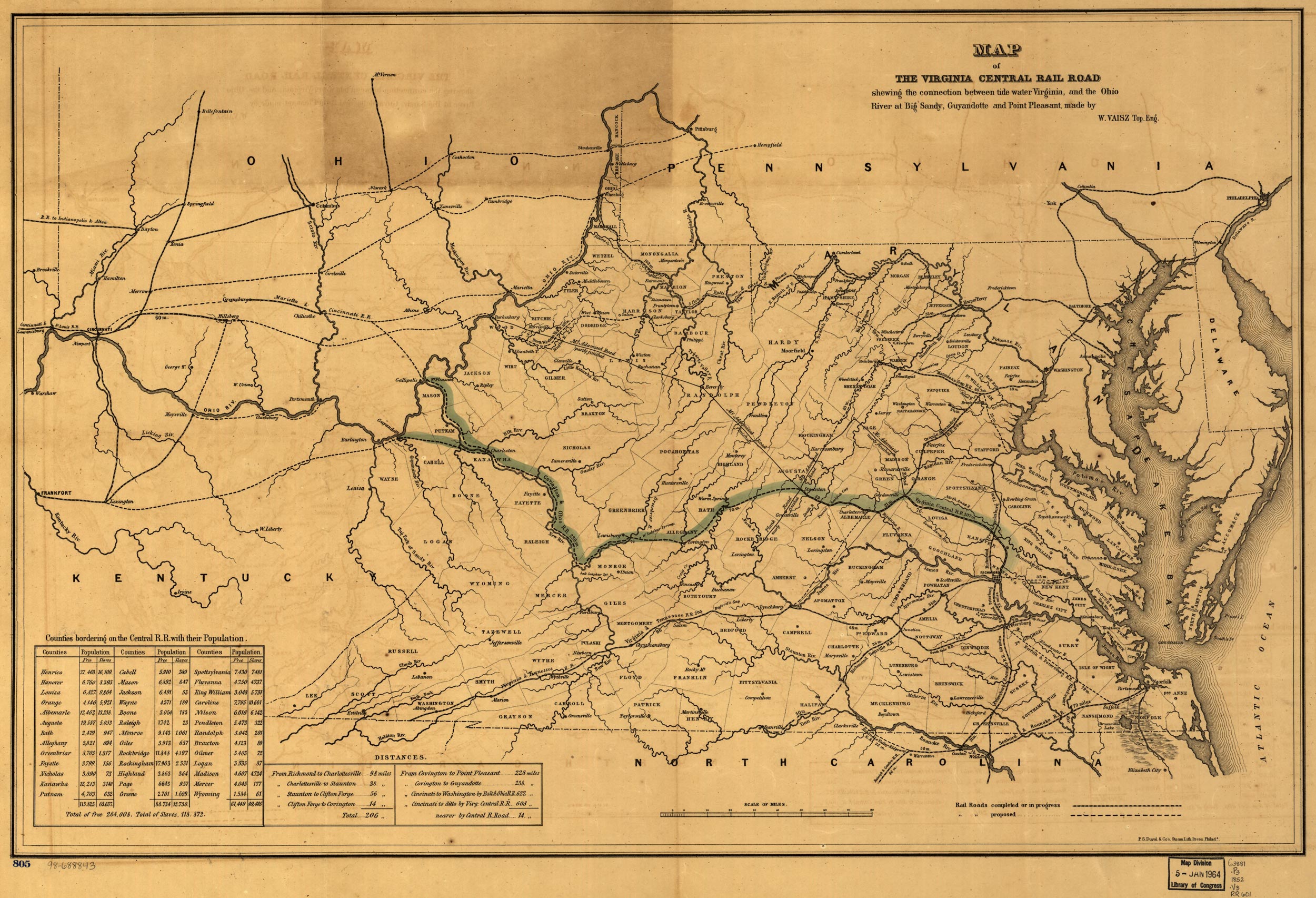

NYU law professor Melissa Murray was the acting dean at the University of California Berkeley in 20 when a state referendum barred the use of race in college admission decisions. Indeed, the reality is that in those places where affirmative action has been eliminated, there has been a severe drop in minority, and particularly, African American, admissions. But deeming race irrelevant in law does not make it so in life." Justice Ketanji Brown Jackson, the court's first Black female justice, also chimed in, saying: "With let-them-eat-cake obliviousness, today, the majority pulls the ripcord and announces 'colorblindness for all' by legal fiat. "The Court subverts the constitutional guarantee of equal protection by further entrenching racial inequality in education, the very foundation of our democratic government and pluralistic society," she wrote. That sentiment echoed Justice Sonia Sotomayor's dissent. "It feels like the country has been on a course of choosing between a continuation of the great era of civil rights, and another view of 'We've done this long enough, and we need a whole new approach.' It's now the second choice." Law Can race play a role in college admissions? The Supreme Court hears the arguments Roberts, for his part, pointed to the court's 2003 decision reaffirming the constitutionality of affirmative action programs, noting that Justice Sandra Day O'Connor, writing for the court at the time, had suggested that there would have to be an end at some future point. all men are created equal, are equal citizens, and must be treated equally before the law." "While I am painfully aware of the social and economic ravages which have befallen my race and all who suffer discrimination, I hold our enduring hope that this country will live up to its principles that. Those policies fly in the face of our colorblind Constitution."Īs he has done before, Thomas, the second black justice appointed to the court, reiterated his long-held view that affirmative action imposes a stigma on minorities. Thursday's decision, he wrote, "sees the universities' admissions policies for what they are: rudderless, race-based preferences. Law Here are the major Supreme Court decisions we're still waiting for this term


 0 kommentar(er)
0 kommentar(er)
